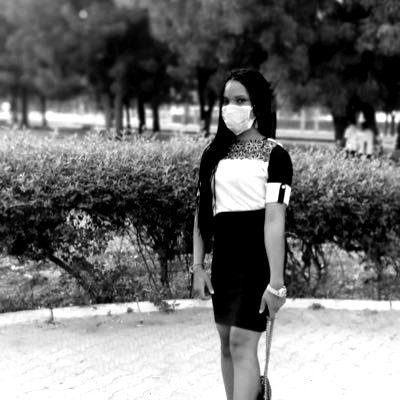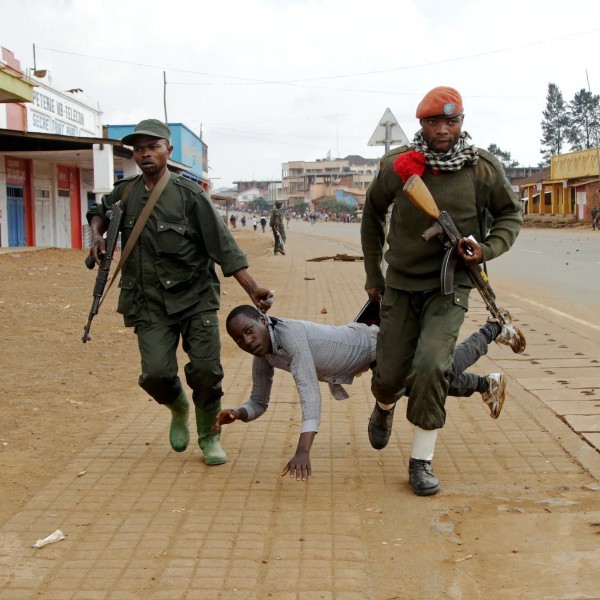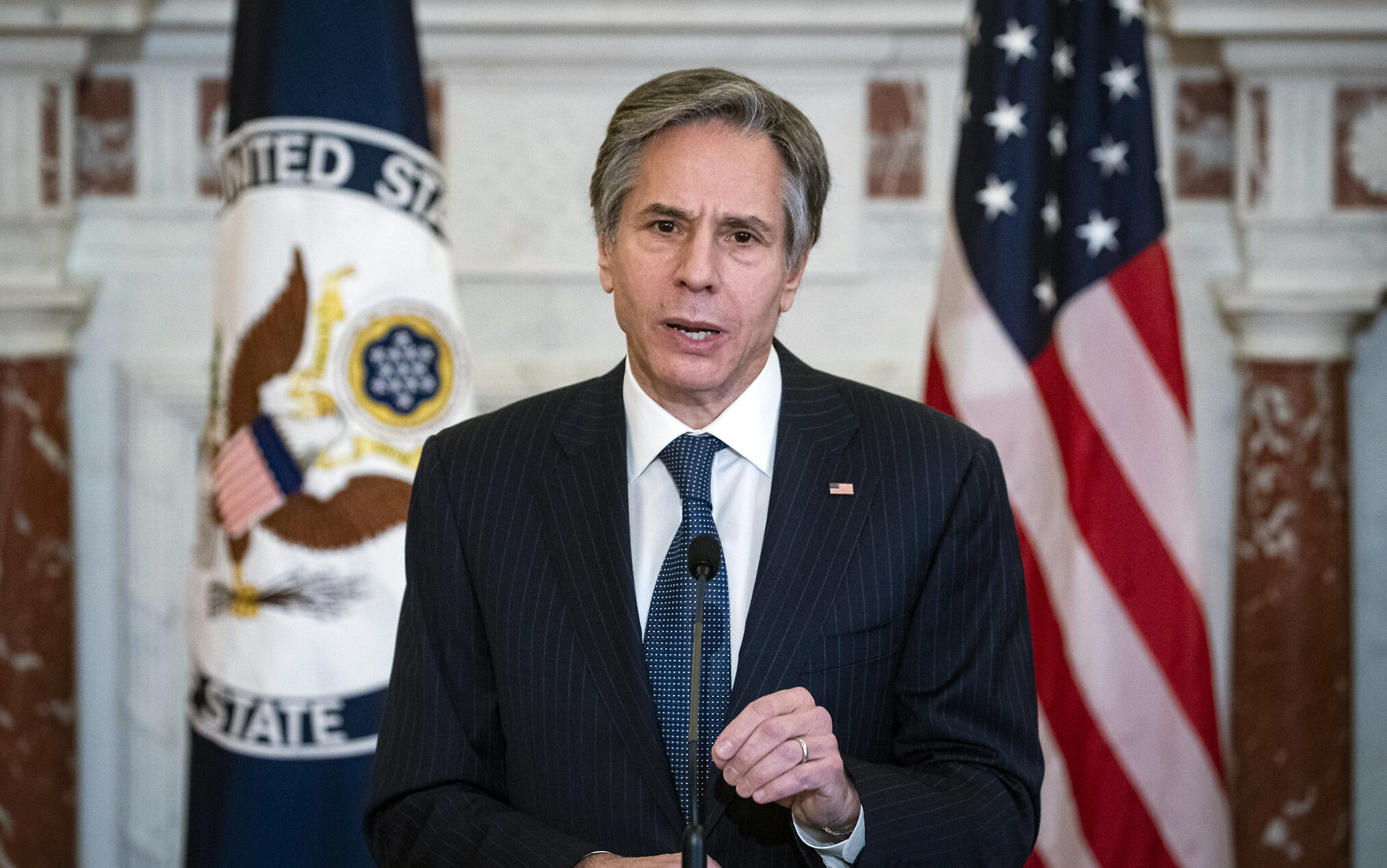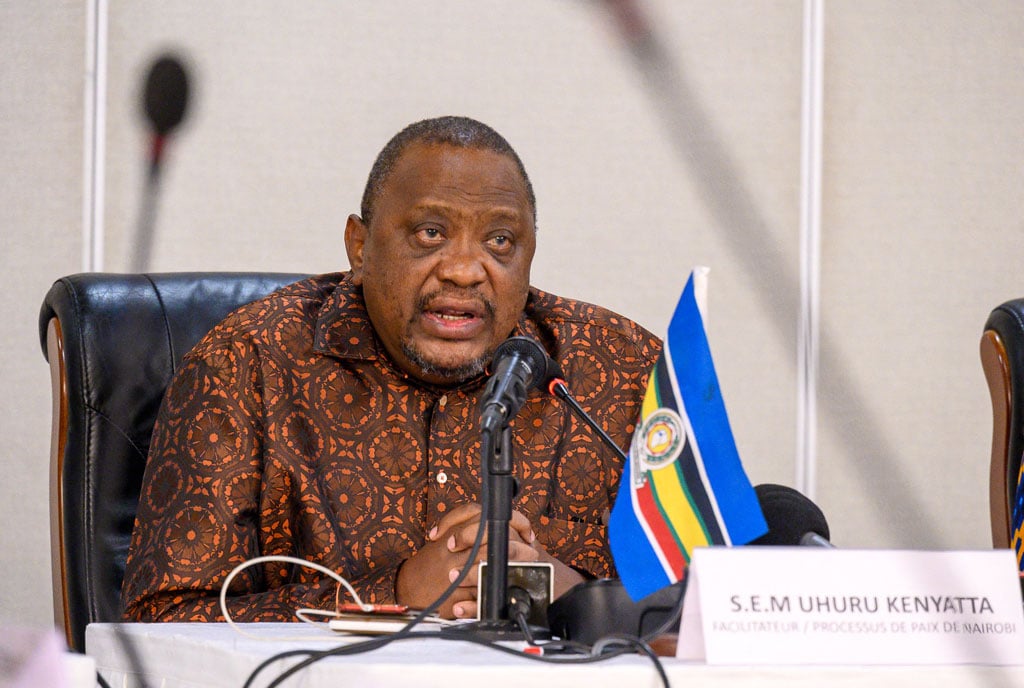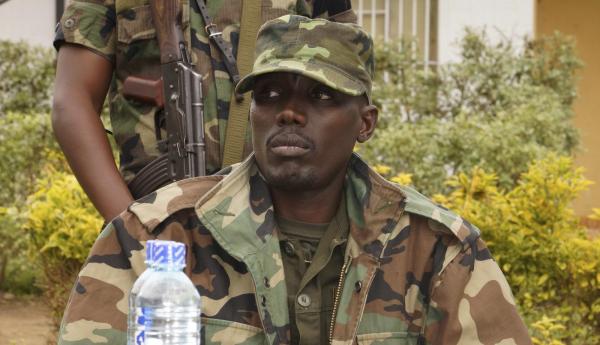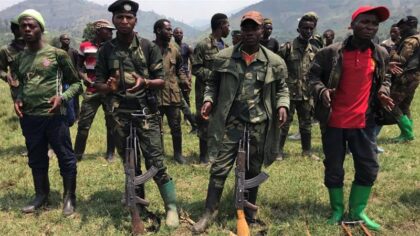Regional
DRC: International community indifferent as genocide unfolds
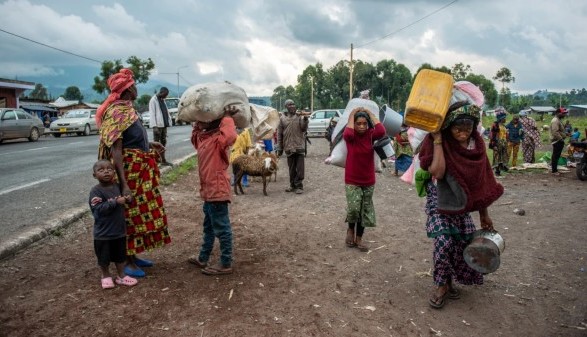
As
the world marks the International Day of
Commemoration and Dignity of the Victims of the Crime of Genocide and of the
Prevention of this Crime, on December 9, in the Democratic Republic
of Congo, a genocide against the Congolese Tutsi is slowly unfolding.
The
day was set by the UN's resolution 69/323 of September 29, 2015. It is an
opportunity to honor victims of past genocides, while stressing the
responsibility of each individual State to protect its populations from
genocide, a responsibility Kinshasa is failing to fulfill.
Since
the resurgence of fighting between the Congolese army, their allies, and the
M23 rebels, hate speech and widespread attacks against Congolese Tutsi and Rwandophones
flared up. The UN said the situation is deeply alarming and could erupt into a
genocide.
By UN
definition, a genocide is the intentional destruction of a people—usually
defined as an ethnic, national, racial, or religious group—in whole or in part.
According to academic and activist, Gregory Stanton, Genocide is a human
phenomenon that can be analysed and understood, and consequently, may be
prevented, and it is a process that develops in 10 stages.
The
first stage is classification; where groups in a position of power will
categorize people according to ethnicity, race, religion or nationality
employing an us versus them mentality. The second stage is symbolization;
people are identified, for instance as Jews or Tutsi, and made to stand out
from others. The third and fourth stages are discrimination and dehumanization,
respectively.
In
the third stage, a dominant group uses laws, customs, and political power to
deny the rights of other groups. The powerless group may not be granted full
civil rights or even citizenship, and in the fourth, the diminished value of
the discriminated group is communicated through propaganda.
The
fifth stage is organization. Here, militia groups are formed, and the state,
its army and militia design genocidal killing plans. The sixth stage is
polarization followed by preparation, the seventh stage. Propaganda is employed
to amplify the differences between groups, and victims are identified,
separated and death lists are drawn up.
Stanton
identified the eighth stage as persecution. In this stage, victims are
identified and isolated based on their ethnic or religious identity, their
death lists are drawn, their property is often expropriated, looted and destroyed.
The eighth stage of genocide is now underway in eastern DRC especially. People
are already being killed as the international community looks on, with
indifference.
Emerging
videos on social media show gruesome scenes of Kinyarwanda speaking Congolese
Tutsi being tortured and executed, their properties destroyed and looted, and
often told ‘go back home’. On several occasions, senior government and military
officials have openly called upon the population to take up arms and kill their
Kinyarwanda-speaking compatriots.
Through
a November 30 statement, the United Nations Special Adviser on the Prevention
of Genocide, Alice Wairimu Nderitu, warned about the ongoing dissemination of hate
speech and absence of independent mechanisms to address it; politicization of
identity; proliferation of local militias and other armed groups across the
country; widespread and systematic attacks, including sexual violence, against
especially the Banyamulenge on the basis of their ethnicity.
She
added that the current violence in eastern DRC mainly stems from the refugee
crisis that resulted as many individuals involved in the 1994 Genocide against
the Tutsi in Rwanda who fled to eastern DRC, forming armed groups such as FDLR which
is still active there.
On
November 22, the M23 rebels made a similar distress call; warning about the
looming genocide against Congolese Tutsi in Masisi, where the Tutsi were told
to go and gather at health centers. Failure to do so, would imply that they are
working with the rebel group, and therefore be killed.
As
the world marks this important day, it is an opportunity to renew the
commitment to prevent the atrocities of the genocide happening in DRC.
Although
the primary responsibility to do so rests with Kinshasa, all parties involved
in the violent conflict must work urgently towards finding a political solution.
And the world should not standby and watch as the Congolese army and its
genocidal militia allies murder innocent Tutsi civilians.


